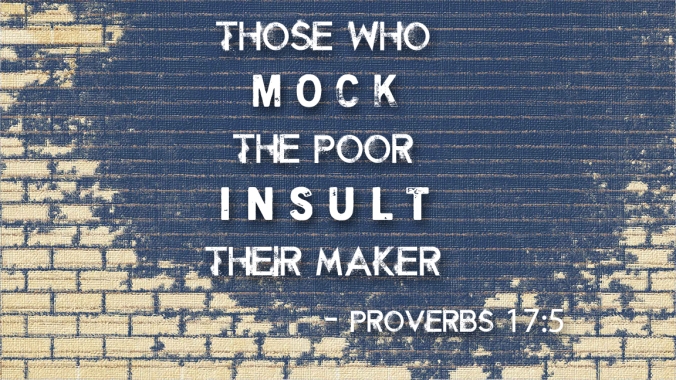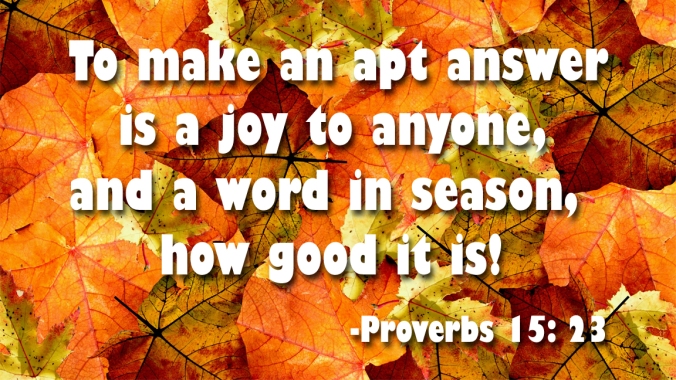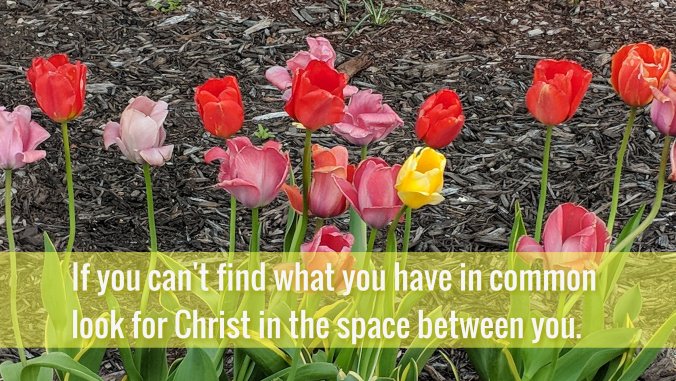
For me, one of the greatest delights in life is wordplay. I’ve heard puns described as the lowest form of humor, but a good pun – whether it’s good because it’s clever or because it’s painfully corny – always brings a smile to my face. My older nephew and I will spend and entire weekend of camping trying to out-pun one another. On my Facebook timeline I created a recurring hashtag for #typosthatshouldbewords. (Regreat? Something you’re sorry you did, but you did really well!) Every day I attempt the New York Times crossword puzzle then read the blog about its construction.
My love of crossword puzzles is handed down. On Sundays I would sit at my grandparents’ big kitchen table and do crossword puzzles with my Grandfather. Joint puzzle solving is a character-building experience. When I was young he was patient with me, letting me figure out (or leading me to) some of the answers he of course already knew. I learned relationships are built on give-and-take, and that you may have to wait a little for someone to understand what seems obvious to you.
Last Sunday was Pentecost, and the weekly scriptures included the story of the Holy Spirit, in the form of tongues of flame, descending on the disciples. Afterward, though they spoke many languages, they heard one another in their native tongues. That got me thinking about how we can use so many different words to mean the same thing.
And in turn, that got me thinking about how the same word can mean many different things.
“Love” is a good example. But I’m not talking about that that romantic versus Christian or agape sense of different kinds of love we hear about in sermons.
Several years ago some relationships at church led us to briefly becoming guardians to a teenager who was working some things out with his family. He and I grew close over several mission trips and years of tutoring, movies, cheap pizza, and long talks. We remained in weekly contact for many years. He’s now a father himself and though I see him less frequently, my affection has not waned.
One of things I learned was that “love” meant something different to him than to me. In my family the words “I love you” come easily (but not cheaply or thoughtlessly). Therefore, it felt natural for me to say “love you, buddy” when we parted or ended a phone conversation. He didn’t reciprocate, and I didn’t force the issue. Some people feel left hanging when they say “I love you” and the person doesn’t return it, but over time I’ve come to believe you shouldn’t say “I love you” if what you really mean is “I want to hear that you love me.”
Now he would say it when he was asking me for something inconvenient: “Can you take me to Game Stop [some 15 miles away]? I love you!” It was half jest, half unsuccessful emotional bribe. He’d also say it to girls he dated – in my opinion far too soon and far too often. I think those were more like hopeful little prayers though: “I want to hear that you love me.”
One day as I was dropping him off at his mother’s place, I gave him a hug and said “Love you, buddy.” I was surprised to hear “Love you, too” but I decided not to make it weird. In the moment, at least. The next time we saw each other I mentioned I had appreciated it. He told me he didn’t say it much because his father would make him say it back when he didn’t feel like it or mean it.
We had learned to solve life’s puzzles very differently. What an invaluable lesson in the power of how the intention and reception of our words can be so distant from one another.
Love-the-word had very different meanings for us, but we both understood love-the-feeling. When he trusted me to pull splinters out of his hand, or rode to summer school in my passenger seat in silent protest but never once defied me about actually going, or burped across the table at me in anticipation of how I would rate in on a ten-point scale, we both understood.
When we tell people Christ loves them, our intention may be distant from how they are able to receive it. Sometimes that distance may feel irreconcilable. Maybe they’ve been mistreated by the church and we represent pain. Maybe they’ve had struggles we can’t imagine and a loving God seems like an impossibility. The list of maybes is endless. Regardless of the reason, if they don’t respond in a manner we find acceptable, our reaction to that response tells us whether we are truly seeking to share the gospel … or seeking validation.
The Gospel is not delivered via scare tactic or data dump: it is delivered via relationship, sometimes in many installments over a long period of time. People need to – and should – get to know us before they trust or believe us. We shouldn’t be offended by that. Sure, you and I know we are coming from a place of love and honesty and feel defensive when someone questions that … but do you believe everything told to you by a stranger or acquaintance? “Actions speak louder than words” has become a tried old cliché for a reason.
Crossword clues can be intentionally misleading. That can be fun for the experienced puzzler, but frustrating for those who aren’t used to the conventions. If we want someone to understand love from the clues we’re dropping, it is more important that they be clear than clever.
If you invite someone’s into Christ’s love and they decline … invite them again a different way. Don’t guilt them. Don’t strong-arm them. Don’t dismiss them. Love them.
Take out their splinters.
Endure their moods.
Laugh with them about the things they think are funny.
Play with the words until they make sense.
As my grandfather grew even older and his thoughts slower, the puzzles became much easier for me than for him. It was my turn to sit at the table and demonstrate patience, and it was easy because I’d had such a good example, who had shown me solving a puzzle together – whether it be about life, love, or the Hawaiian state bird – is about far more than the solution.
Wait for them, and let them wait for you.
Sit patiently at the table.
In the end, it’s not our words that persuade people of Christ’s love. It’s the limitless grace of God, the enduring nature of Christ’s table.
Not our words, but The Word.
You and I simply choose whether or not to love them enough to speak it in a language they can understand. “I want you to hear that Christ loves you. Let’s gather at this table and start that conversation.”
May the peace of our Lord Jesus Christ be with you all.
if you enjoyed this post, please show some love and share or reblog. Thanks!









